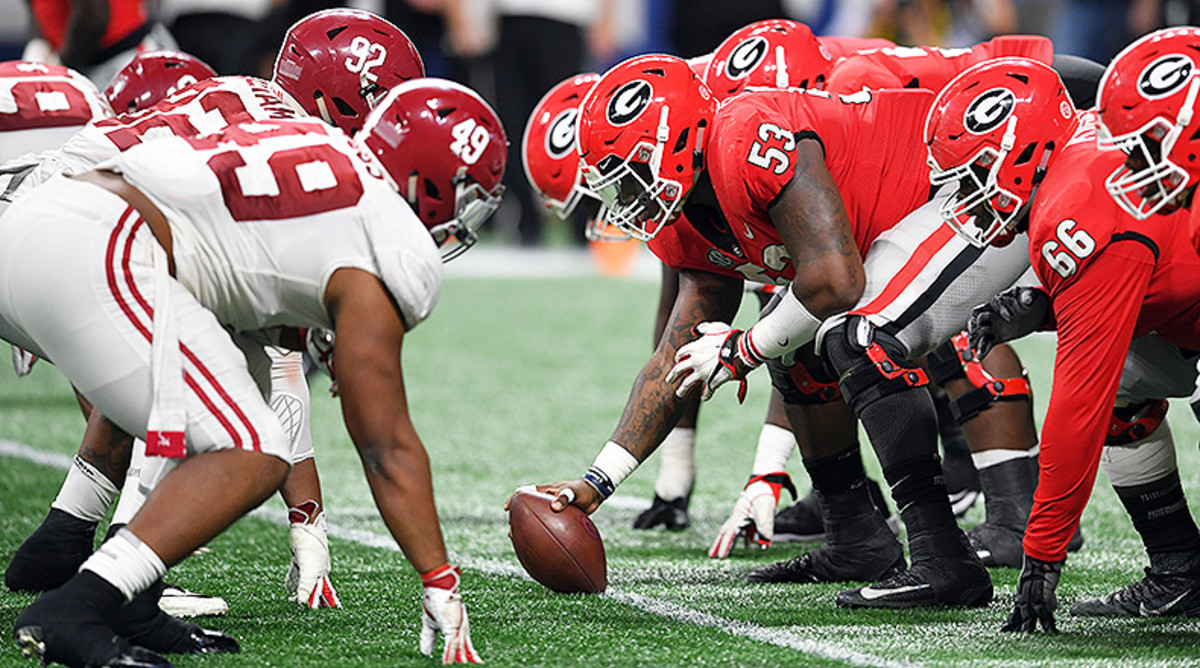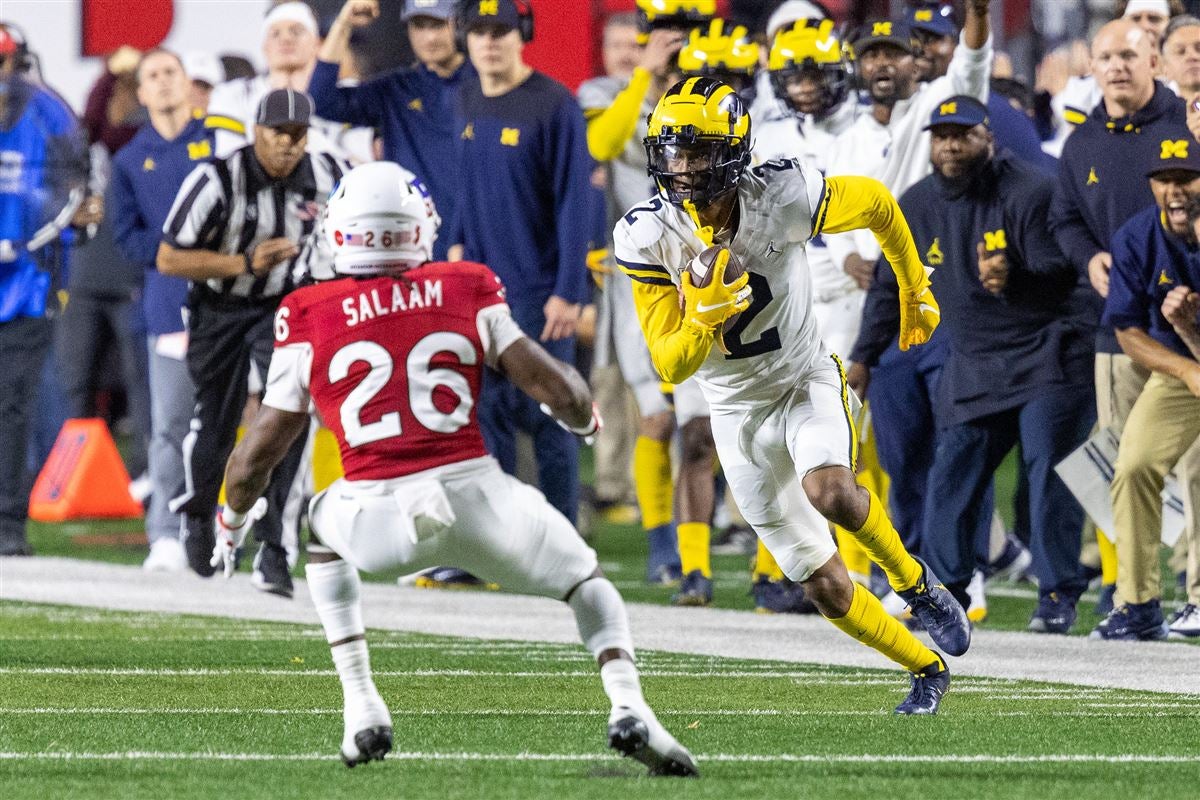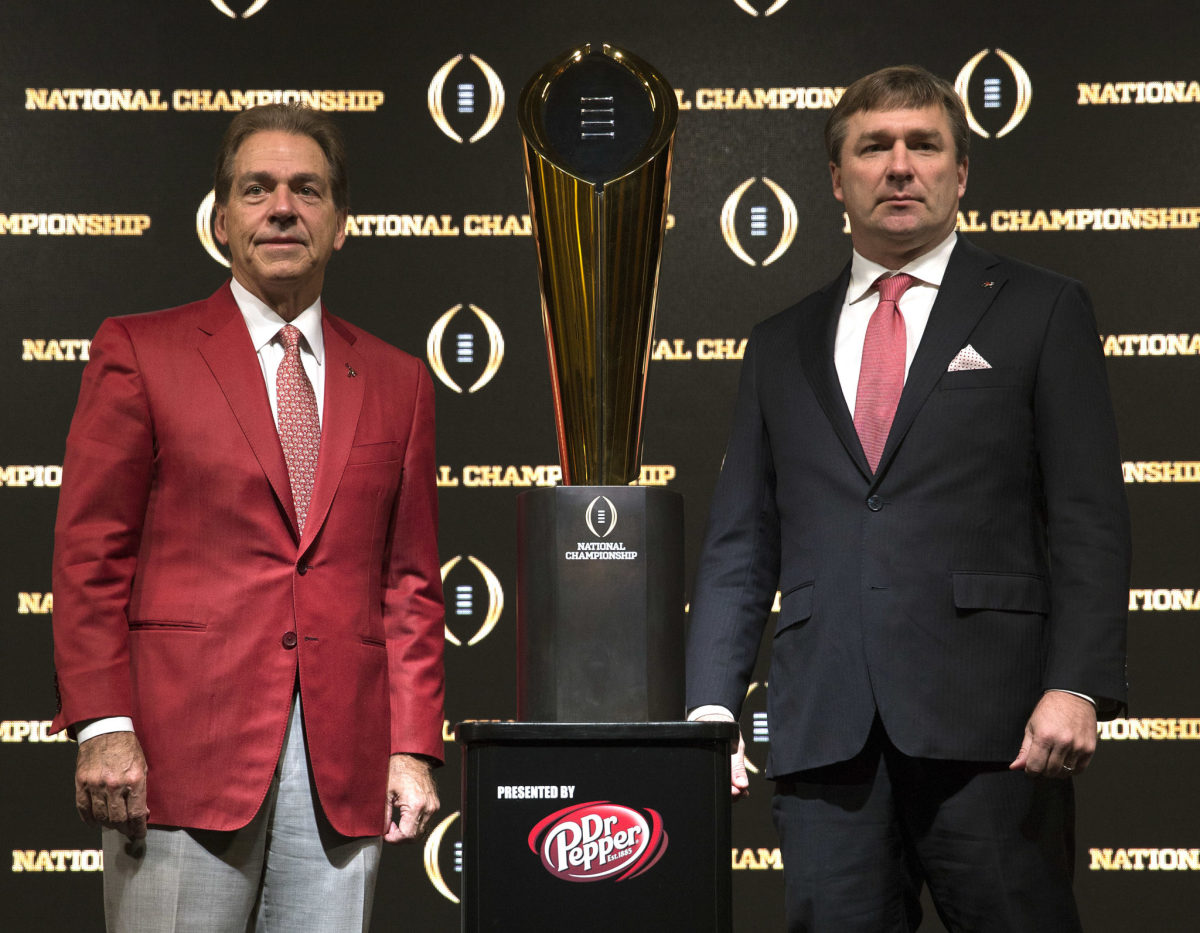Potential Breakthrough in College Athlete Compensation Looms as House Antitrust Lawsuit Negotiations Continue

A potential breakthrough in college athlete compensation is looming on the horizon as college leaders and plaintiff lawyers engage in ongoing negotiations to settle the House antitrust lawsuit.
The negotiations, which have been intensifying in recent months, may result in a new model that involves sharing revenue with athletes, although significant challenges still remain.
The discussions have attracted attention within the college sports industry, with potential revenue-sharing models being presented to administrators, as reported by Yahoo Sports and ESPN.
A potential settlement of the House v. NCAA case includes compensating college athletes for the use of their name, image, and likeness in broadcasts, as well as establishing a future revenue-sharing model with athletes.
This settlement-related revenue model mirrors a proposal introduced by NCAA president Charlie Baker in December, allowing schools to directly compensate athletes for their NIL rights.
While there is growing support for a settlement within college athletics, not everyone agrees it is the best path forward, sparking significant debate among conference presidents and athletic directors.
The potential settlement aims to protect the NCAA and power leagues from further lawsuits, consolidate several ongoing legal cases, and prevent a substantial increase in damages owed to athletes if challenged in court.
However, uncertainties remain regarding the long-term implications for Title IX, the impact on athlete movement, competition across college sports, and the role of Congress in codifying athlete compensation laws.
The revenue-sharing model under discussion expects power conference schools to share significant amounts with athletes, potentially up to $20 million per school, although the final decision rests with each institution.
While this new model could further widen the gap between power leagues and Group of Five schools, it offers schools the flexibility to decide on revenue sharing based on their financial resources and athletic priorities.
Over the coming weeks, details of the revenue-sharing model will be shared across major conferences, leading to crucial decisions by league presidents that could reshape the landscape of college sports.
As change and uncertainty loom, the college sports industry is at a pivotal moment, with decisions on athlete compensation expected to have far-reaching implications for the future of collegiate athletics.
Amateurism is facing a transformative shift, and college sports are on the brink of a significant evolution that will impact athletes, institutions, and the overarching culture of collegiate sports.



